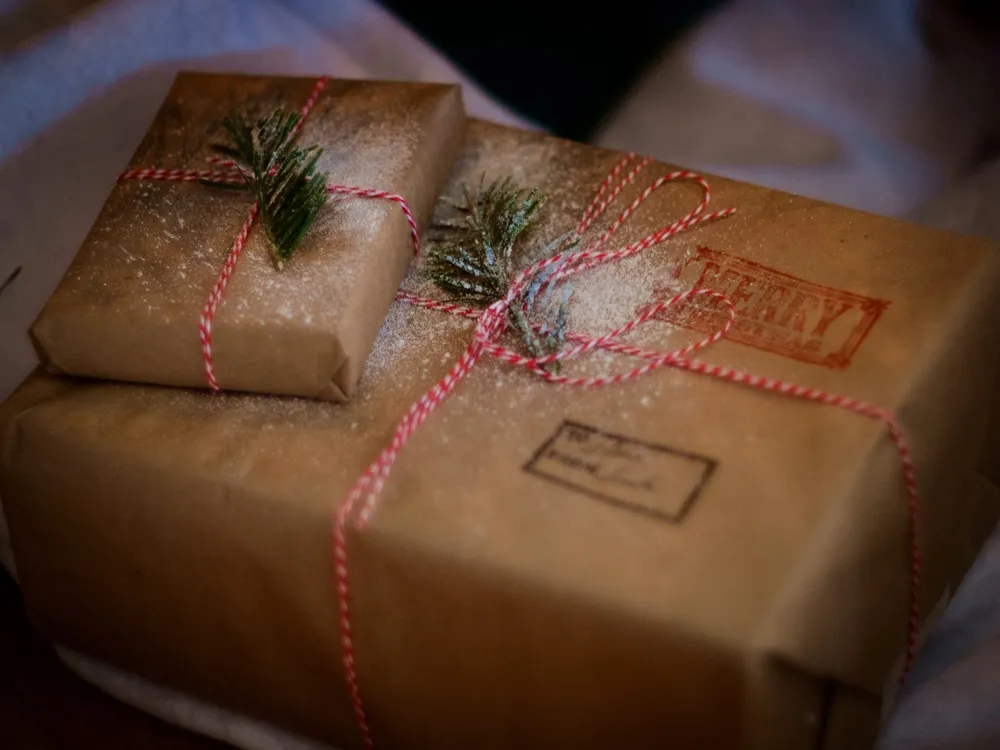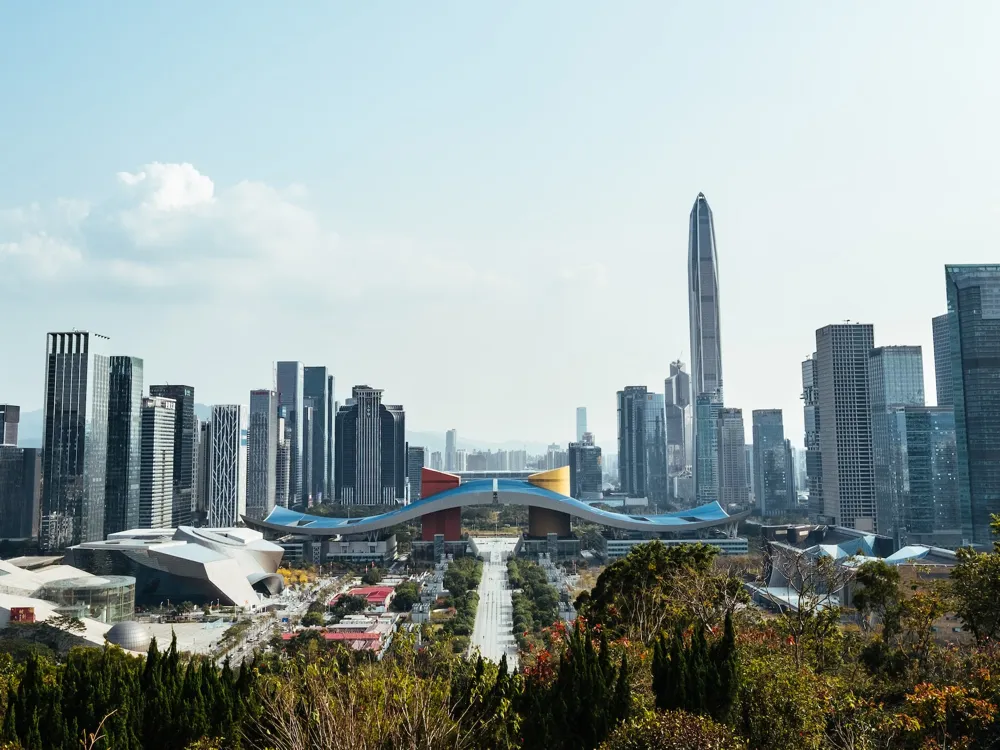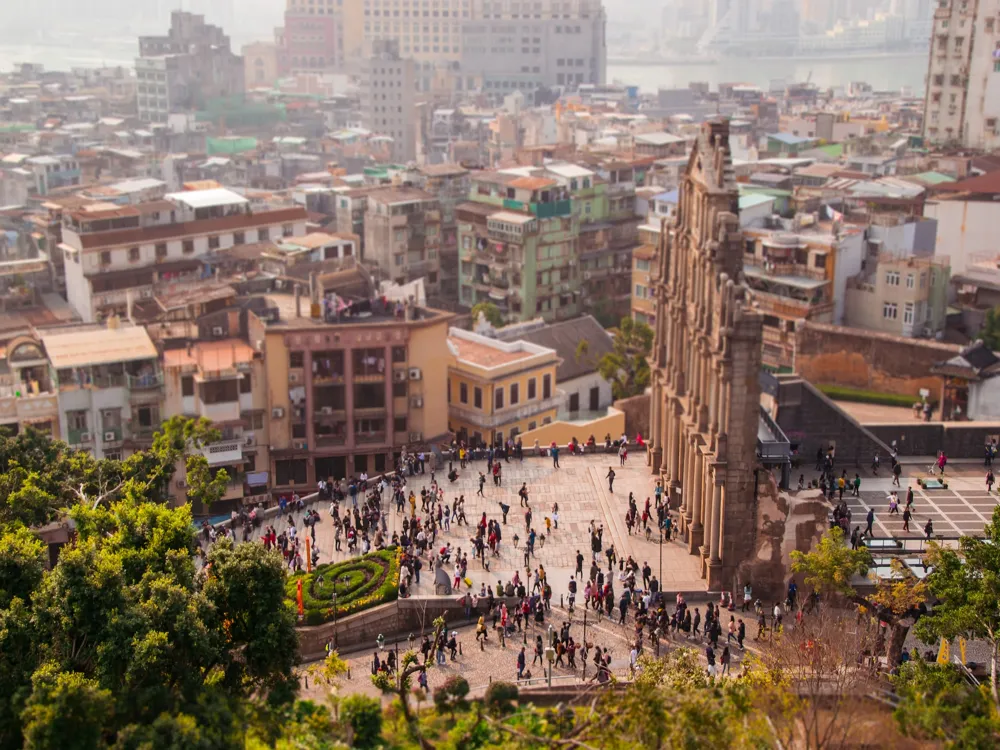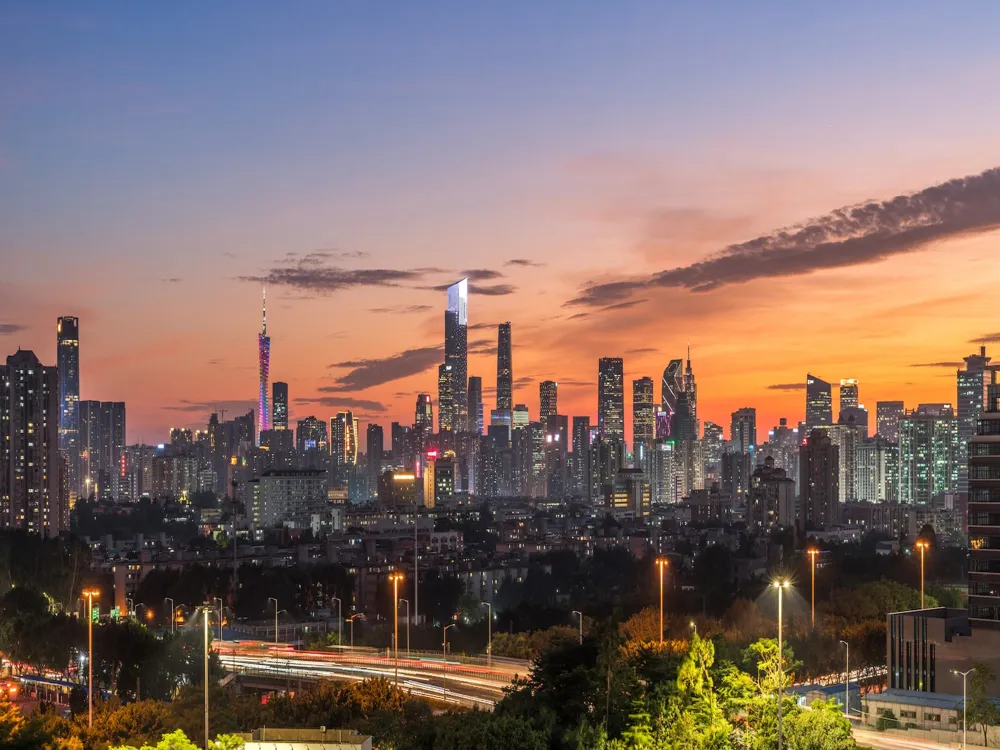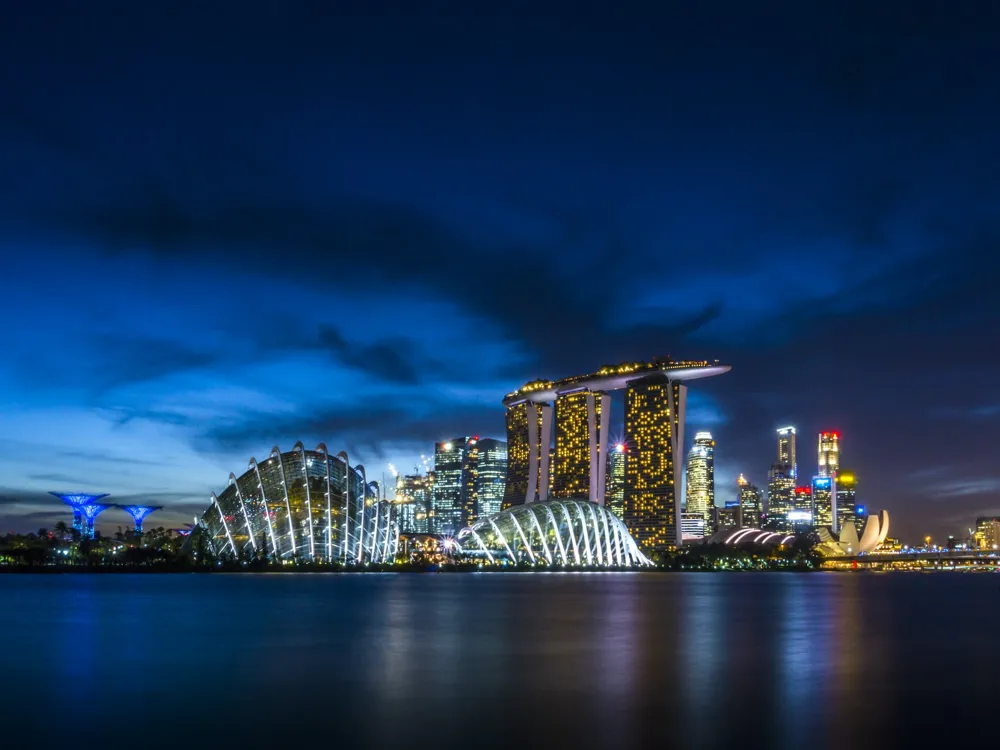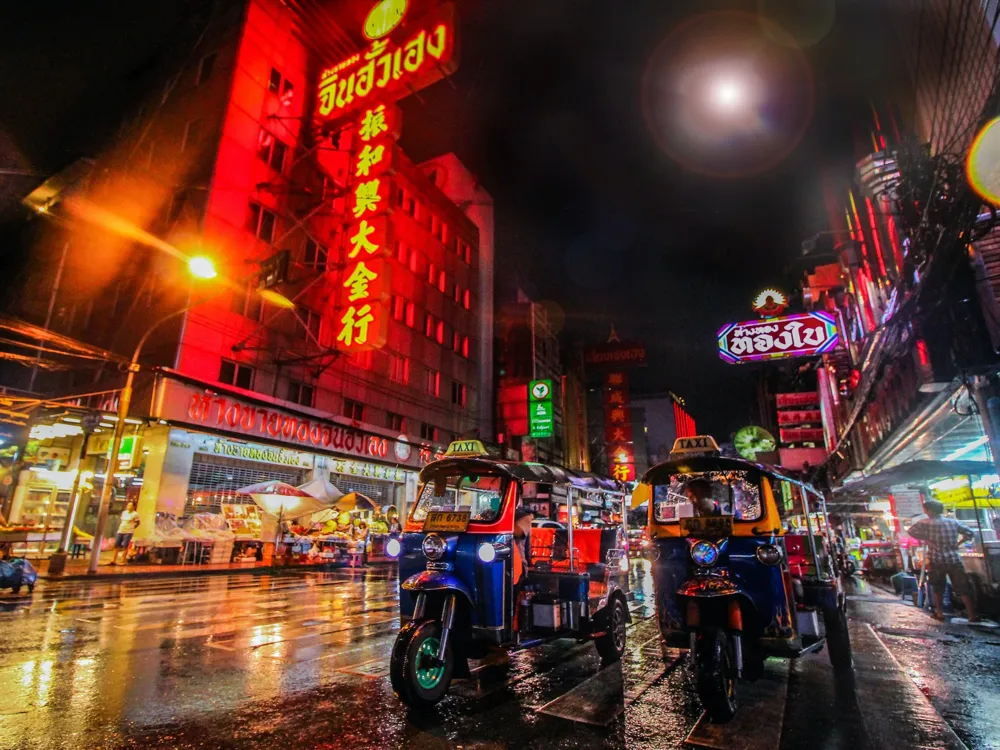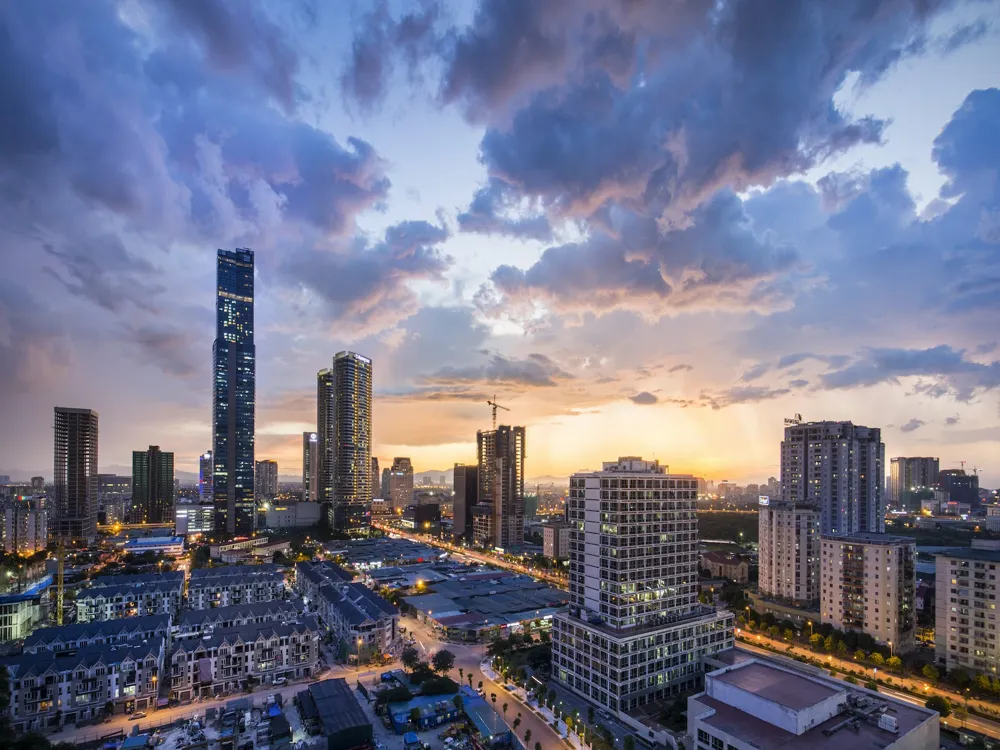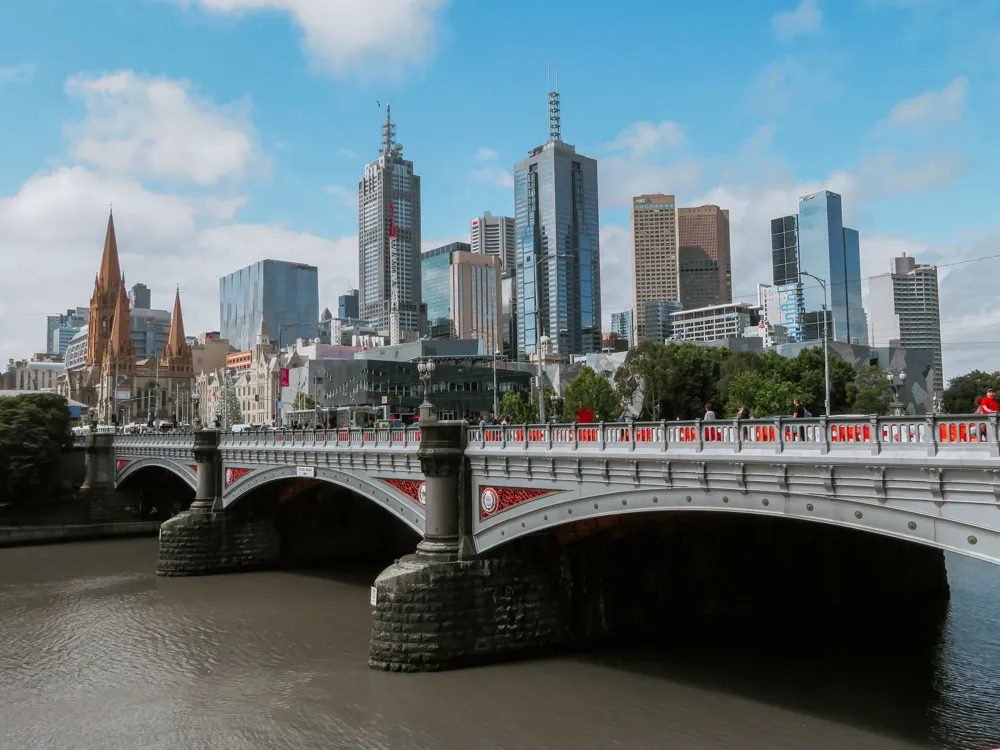The Chun Yeung Street Wet Market, nestled in the vibrant heart of Hong Kong, offers an authentic and bustling glimpse into the everyday life of the city. This market, a cornerstone of local culture and tradition, is not just a place to buy fresh produce and seafood, but a lively hub where the colors, sounds, and scents of Hong Kong come alive. Chun Yeung Street, located in the North Point area, is particularly famous for its unique setting and the rich history that it embodies. The street is characterized by its narrow, bustling lanes, lined with an array of stalls selling everything from fresh vegetables and fruits to seafood and meat. The market's atmosphere is electric, encapsulating the essence of Hong Kong's busy lifestyle. Vendors loudly tout their fresh goods, while locals and tourists alike haggle over prices, adding to the market's dynamic environment. Historically, Chun Yeung Street has played a significant role in Hong Kong's community life. It was established in the early 20th century, growing rapidly as a trading post for fresh produce brought in from the rural areas of Hong Kong. Over the years, the market has evolved, adapting to the changing needs of the city while maintaining its traditional charm and importance to the local community. What sets Chun Yeung Street Wet Market apart is its incredible diversity. It's not just a place to shop; it's a place to experience the melting pot of cultures that Hong Kong represents. From traditional Chinese herbs to exotic fruits, the market offers a wide array of goods, reflecting the multicultural tapestry of the city. This diversity is not only limited to the products on offer but is also evident in the people who visit and work in the market – a true reflection of Hong Kong's cosmopolitan nature. The architecture of Chun Yeung Street Wet Market is as fascinating as the market itself. The market's structure and design are a blend of traditional Chinese and colonial British influences, reflecting the historical context in which it was built. The market is housed in a series of old, low-rise buildings, with characteristic tiled roofs and wooden stall fronts, creating a sense of stepping back in time. The layout of the market is a testament to the ingenuity and adaptability of Hong Kong's urban planning. Despite the limited space, the market is meticulously organized, with narrow aisles leading to a labyrinth of stalls. Each stall is a small world unto itself, with its unique arrangement of goods and decorations. The use of space is maximized, with goods often hanging from the ceiling or displayed in every available nook and cranny. The buildings that house Chun Yeung Street Wet Market are a great example of early 20th-century architecture in Hong Kong. They feature elements typical of the period, such as large, open fronts for easy access and ventilation, and high ceilings to keep the interior cool. The market's architecture not only serves a functional purpose but also adds to the overall aesthetic and atmosphere of the place. One of the most distinctive architectural features of the market is the integration of the tramway into its layout. The tram line runs directly through Chun Yeung Street, adding a dynamic and somewhat chaotic element to the market's atmosphere. This unique feature is a symbol of Hong Kong's urban development and is a beloved characteristic of the market, making it a popular subject for photographers and artists. The best time to visit Chun Yeung Street Wet Market is in the morning when the market is most lively, and the selection of goods is at its freshest. However, be prepared for crowds, as this is also the busiest time. Wear comfortable and casual clothing, as the market can get quite crowded and warm. Opt for closed-toe shoes, as the market floors can be wet and slippery. The market can be overwhelming for first-time visitors. It's a good idea to start at one end and make your way to the other, exploring the stalls on both sides. Be aware of your surroundings, as the market is often crowded, and the aisles are narrow. Don't be shy to ask questions or haggle over prices. Most vendors are friendly and used to dealing with tourists. However, be respectful and polite in your interactions. The market is a great place to try local snacks and delicacies. Look out for stalls that are popular with locals, as these are likely to offer the best and most authentic flavors. Chun Yeung Street Wet Market is easily accessible by public transport. The most convenient way to get there is by taking the MTR (Mass Transit Railway) to North Point Station. From there, it's just a short walk to the market. Alternatively, you can take one of Hong Kong's iconic trams and get off directly at the Chun Yeung Street stop. This not only brings you to the doorstep of the market but also offers a scenic and unique way to experience Hong Kong's urban landscape. For those preferring a more personalized journey, taxis are readily available throughout Hong Kong and can be a convenient albeit more expensive option. It's important to have the market's address written in Chinese, as not all taxi drivers may be fluent in English. Buses are another option, with several routes passing through North Point and stopping near Chun Yeung Street. Check local bus schedules and routes for the most direct journey. Regardless of your mode of transport, visiting Chun Yeung Street Wet Market is a journey into the heart of Hong Kong's bustling street life and an experience not to be missed. Read More:Overview of Chun Yeung Street Wet Market in Hong Kong
The architecture of Chun Yeung Street Wet Market
Tips When Visiting Chun Yeung Street Wet Market
Timing Your Visit
Dressing Appropriately
Navigating the Market
Interacting with Vendors
Trying Local Delicacies
How To Reach Chun Yeung Street Wet Market
Chun Yeung Street Wet Market
Hong Kong
NaN onwards
View hong-kong Packages
Hong-kong Travel Packages
View All Packages For Hong-kong
Top Hotel Collections for Hong-kong

Private Pool

Luxury Hotels

5-Star Hotels

Pet Friendly
Top Hotels Near Hong-kong
Other Top Ranking Places In Hong-kong
View All Places To Visit In hong-kong
View hong-kong Packages
Hong-kong Travel Packages
View All Packages For Hong-kong
Top Hotel Collections for Hong-kong

Private Pool

Luxury Hotels

5-Star Hotels

Pet Friendly








